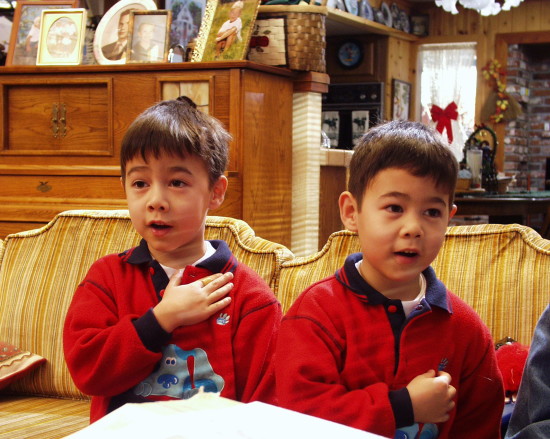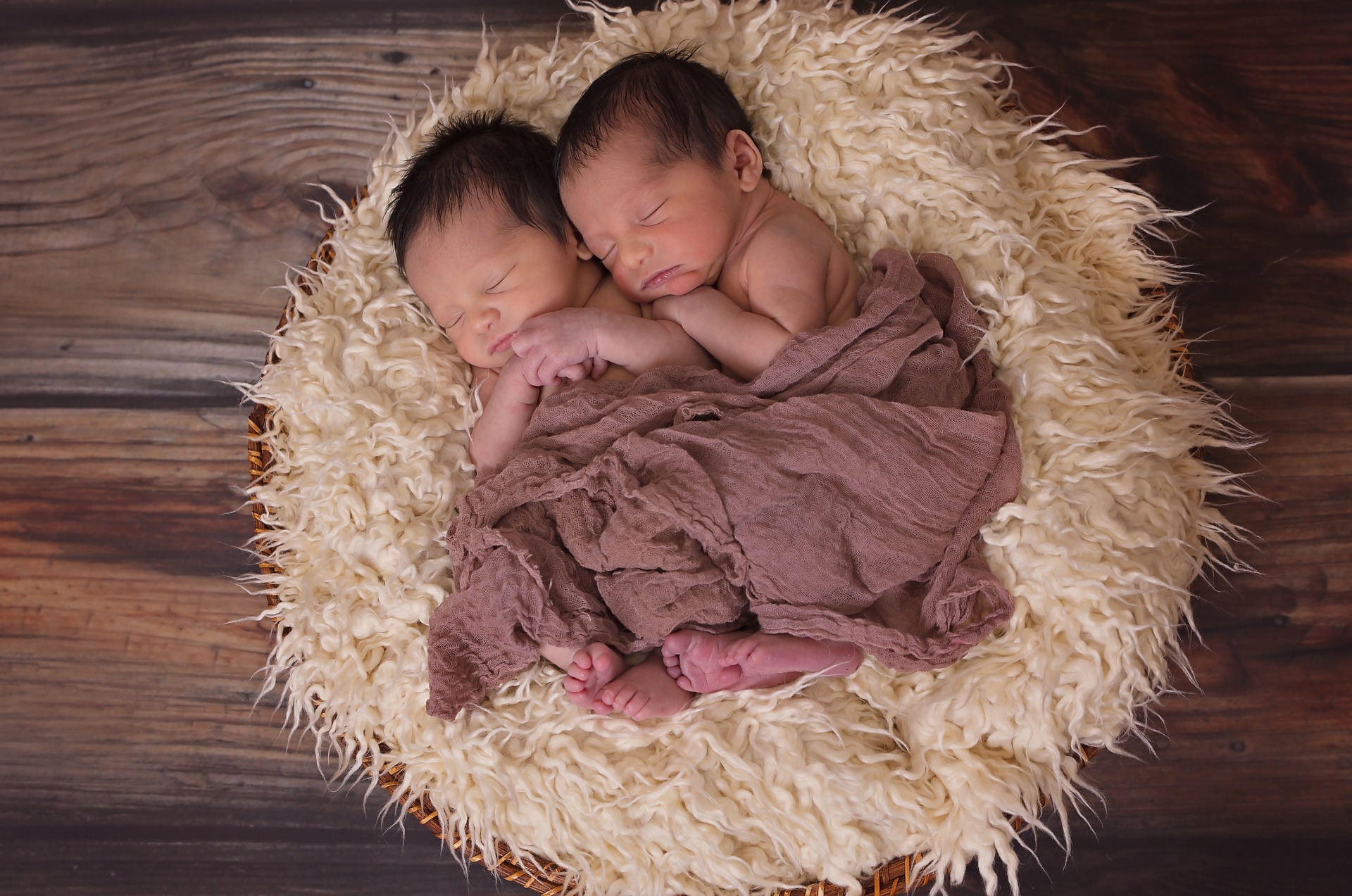Full disclosure, I have an identical twin brother. Identical twins have long occupied the popular imagination with their nearly indistinguishable genomes (verifiable via sequencing). Seeming to belong to the realm of Star Wars and science fiction, they are genetically clones. In the world of medicine, this represents an intriguing possibility: an identical twin is a living, walking organ donor, perfect in the event that you ever need a kidney or a bone marrow transfusion.

My brother and me
Source: Ben Jackson
The genetics of identical twins have long been observed by a range of scientists and medical professionals. As recently as July 2000, a review that appeared in Immunology Today suggested that identical twins are the perfect model for studying the genetic factors of disease. Aptly titled “Twins: mirrors of the immune system”, the study suggests that in the event that an identical twin has a disease, the unaffected sibling represents the ideal control whereby to study the specific genetic traits governing that disease.
However, a recent study appearing in Cell suggests that it is not genetic, but environmental factors that play the most critical role in determining an individual’s immune response. Led by Mark Davis at Stanford University, the study examined 210 identical and fraternal twins, measuring 204 parameters including the frequency of different cell populations, cytokine levels, and responses to seasonal flu vaccines. They found that 77% of these traits were dominant and 58% were almost completely inherited by non-genetic factors, namely environmental influences. For example, following infection by cytomegalovirus, a non-genetic factor, almost 60% of the markers studied were likely to be different in one twin compared to his/her genetic counterpart.
For vaccine developers, these results are profound. Before, companies had assumed that it was largely genetic differences that drove variation in vaccine response. However, the compounding factor of environmental influence could completely change the way vaccines are designed, especially for older populations who have had repeated exposure to infections. Hopefully, this knowledge will lead to more targeted, efficient vaccine development.
In a world where medicine is becoming increasingly personalized, it is definitely possible to imagine a scenario where not even identical twins would receive the same treatments. Until then, I’m still happy to have my own unique, personal clone.
Source: Brodin P, Jojic V, Gao T, Bhattacharya S, Angel CJ, Furman D, Shenn-Orr S, Dekker CL, Swan GE, Butte AJ, Maecker HT, Davis MM (2015). Variation in the Human Immune System Is Largely Driven by Non-Heritable Influences. Cell, 160 (1-2) pp. 37-47.
Feature Image Source: karenwarfel










